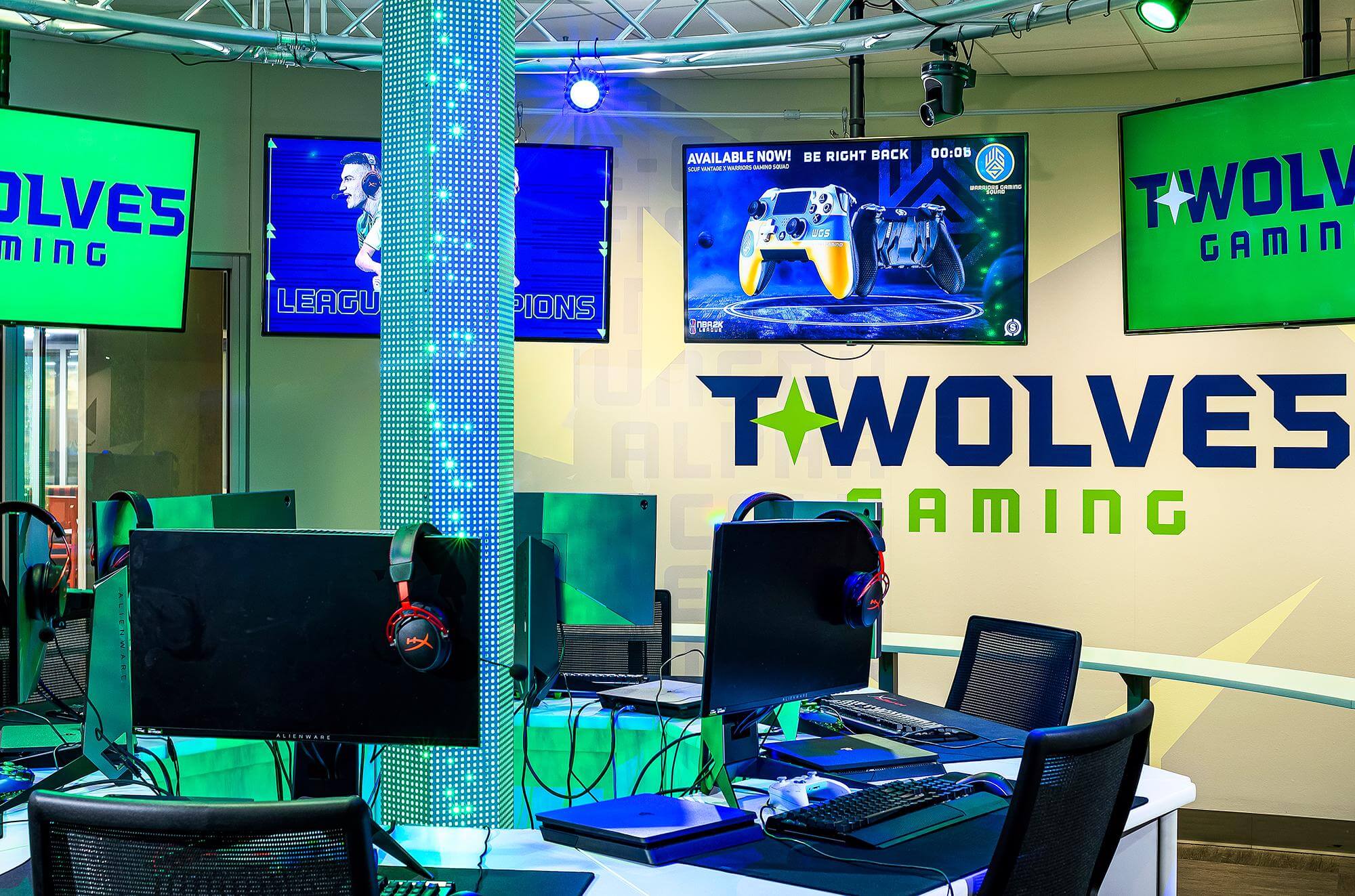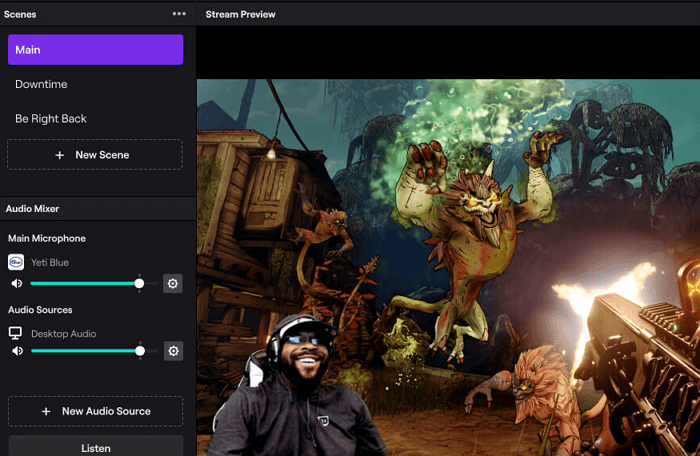Esports, once relegated to basements and dimly lit LAN cafes, has exploded right into a worldwide phenomenon. Competitive video gaming now boasts tens of millions of viewers, professional athletes with celeb fame, or even devoted stadiums like Esports Stadium Arlington. This article delves into the meteoric upward push of exploring its evolution from niche hobby to mainstream amusement.
The Seeds of Growth: Technology, Streaming, and Cultural Acceptance
The foundation for esports’ success was laid by advancements in technology. Faster internet speeds, like those offered by modern fiber optic cables , enabled smoother online gameplay, fostering a competitive environment for games like StarCraft (pictured below) and Counter-Strike.

The rise of streaming platforms like Twitch further fueled the fire. Free, live broadcasts allowed fans to witness the strategic brilliance and lightning-fast reflexes of pro gamers, cultivating a passionate and engaged community. Streamers like those affiliated with Knox and Moist Apex have become celebrities, building massive followings through their charisma and in-game prowess. This cultural acceptance of esports as a legitimate form of entertainment, fueled by technology and community, is a key driver of its growth.
From Bedrooms to Big Leagues: Professionalization and Recognition
Esports organizations like DSG and S2G began to invest in talented players, providing them with facilities that rival traditional training grounds . These facilities house top-of-the-line gaming PCs, ergonomic chairs, and dedicated practice areas, allowing players to hone their skills and develop team chemistry. Coaching staff analyze gameplay footage and strategize alongside players, mirroring the approach of professional sports teams.

Tournaments like the Overwatch League and Apex Legends offered massive prize pools, attracting sponsorships from major brands like Betano. These sponsorships not only fund the ever-growing industry but also elevate the status of esports athletes. Players are now recognized as celebrities, securing lucrative deals and garnering massive fan bases. This professionalization and recognition solidify place as a legitimate sporting competition.
Beyond Just Games: Building a Culture and Community
Esports isn’t just about competition. It’s a cultural phenomenon with its own language, memes, and personalities. Streamers like those affiliated with Knox and Moist Apex have become celebrities, building massive followings through their charisma and in-game prowess. Their streams are interactive platforms where viewers can engage in real-time chat, fostering a strong sense of community . Popular emotes and inside jokes specific to certain games moments become cultural touchstones, uniting the community.

Organizations like Etruesports Tech are emerging to provide data analysis and strategic tools , mirroring the analytical aspects of traditional sports. This creates a deeper layer of strategy and appreciation for the complex decision-making involved in professional . Esports culture goes beyond the games themselves, fostering a sense of belonging and shared passion among fans and players.
A Global Stage: Breaking Geographic Barriers
Esports transcends borders. Unlike traditional sports, competition can happen virtually anywhere with a decent internet connection. This has led to the rise of international rivalries and a truly global fanbase. Tournaments like the Overwatch League (pictured below) feature teams from across the globe, showcasing the international appeal of esports. Korean teams, known for their strategic prowess and innovative tactics, have dominated StarCraft for years. European powerhouses have established themselves in Counter-Strike: Global Offensive. This global competition fosters a unique sense of national pride, as fans cheer for their home country’s representatives on the international stage.

The virtual nature of esports also allows for participation from developing regions with limited resources for traditional sports infrastructure. This opens doors for talented players from all corners of the world to compete and potentially forge professional careers. This global reach and accessibility solidify ‘ position as a truly international sporting phenomenon.
The Debate: Is Esports a “Real” Sport?
The legitimacy of esports as a sport is a topic of ongoing debate. Purists might argue that the physical exertion required in traditional sports like weightlifting is absent in esports. However, the mental acuity, strategic thinking, and hand-eye coordination required to compete at the professional level are undeniable. The dedication, training regimens, and pressure faced by esports athletes are akin to those of traditional athletes. Professional gamers train for long hours, honing their reflexes and studying complex game mechanics. They adhere to strict diets and exercise routines to maintain peak mental and physical performance.

The physiological effects of competition are becoming increasingly recognized. Studies show that players experience surges in adrenaline and heart rate during matches, similar to traditional athletes . The cognitive demands of significant, requiring players to make split-second decisions and adapt to ever-changing in-game situations. While the physical exertion might be different, the mental and strategic demands of undeniable, blurring the lines between traditional and digital sports.
The Future of Esports: Continued Growth and Integration
The future of esports is bright. As technology continues to evolve, so too will the experience. Virtual Reality (VR) could revolutionize how esports are played. Imagine battling opponents in a fully immersive VR environment, like this concept image , blurring the line between the digital and physical worlds. Augmented Reality (AR) could overlay game data and statistics onto the real world, providing spectators with a richer viewing experience.
Integration with traditional sporting events is another exciting possibility. The recent foray of Esports Boxing Club, which combines professional boxing with elements of esports, could be a glimpse into the future. Imagine attending a live event where traditional athletes and competitors clash in a hybrid competition. This continued growth and integration with other forms of entertainment will solidify esports’ place as a mainstream phenomenon.
Getting Involved in the Game: Careers and Opportunities
The esports industry offers a wealth of career opportunities beyond just being a pro gamer. Organizations like Velocity Las Vegas require staff for a variety of roles that contribute to the smooth running of the organization .
These roles include:

- Management: Overseeing day-to-day operations, team logistics, and business development.
- Marketing & Content Creation: Crafting engaging content (written, visual, or streamed) to connect with fans and build brand awareness.
- Event Production: Coordinating and executing live tournaments, ensuring a seamless experience for players and viewers.
- Data Analysis: Utilizing statistics and game data to provide insights to coaches and players, aiding strategic decision-making.
Internship programs with organizations like DSG can provide valuable experience for those interested in this burgeoning field. Whether you’re a business wiz, a creative storyteller, or a data whiz, there’s a place for you in the exciting world.
Conclusion
Esports has come an extended way from its niche beginnings. It is now a multi-billion greenback enterprise with a committed fan base and a growing infrastructure. As technology and cultural popularity maintain to adapt, and poised to end up an excellent bigger pressure within the global of leisure. Whether you’re a pro gamer or a curious newcomer, esports offers something for everybody – opposition, network, and a glimpse into the destiny of leisure.
FAQ
What exactly are esports?
Esports, short for electronic sports, are organized competitions for video games. Players compete individually or in teams, with tournaments offering prize pools and attracting millions of viewers online.
Is esports a real sport?
There’s debate around this! While esports lack the traditional physical exertion of some sports, the mental focus, strategic thinking, and hand-eye coordination required are undeniable. Pro gamers train intensely, adhering to strict routines and facing immense pressure, similar to traditional athletes.
How can I get involved in esports?
Even if you’re not a pro gamer, there are many exciting opportunities! Esports organizations need staff for management, marketing, content creation, event production, and even data analysis. Look for internships or job openings with established teams like DSG Esports or Velocity Esports Las Vegas.
Reference
Entertainment Software Association (ESA). “2023 Essential Facts About the Video Game Industry.” https://www.theesa.com/
International Olympic Committee (IOC). “Esports and the Olympic Movement.” https://olympics.com/en/esports/
Yang, Christopher. “The Rise of Esports: How Competitive Gaming Became a Worldwide Phenomenon.” https://www.theatlantic.com/technology/archive/2019/11/harrisburg-university-esports-players-are-only-athletes/601840/







Leave a Reply